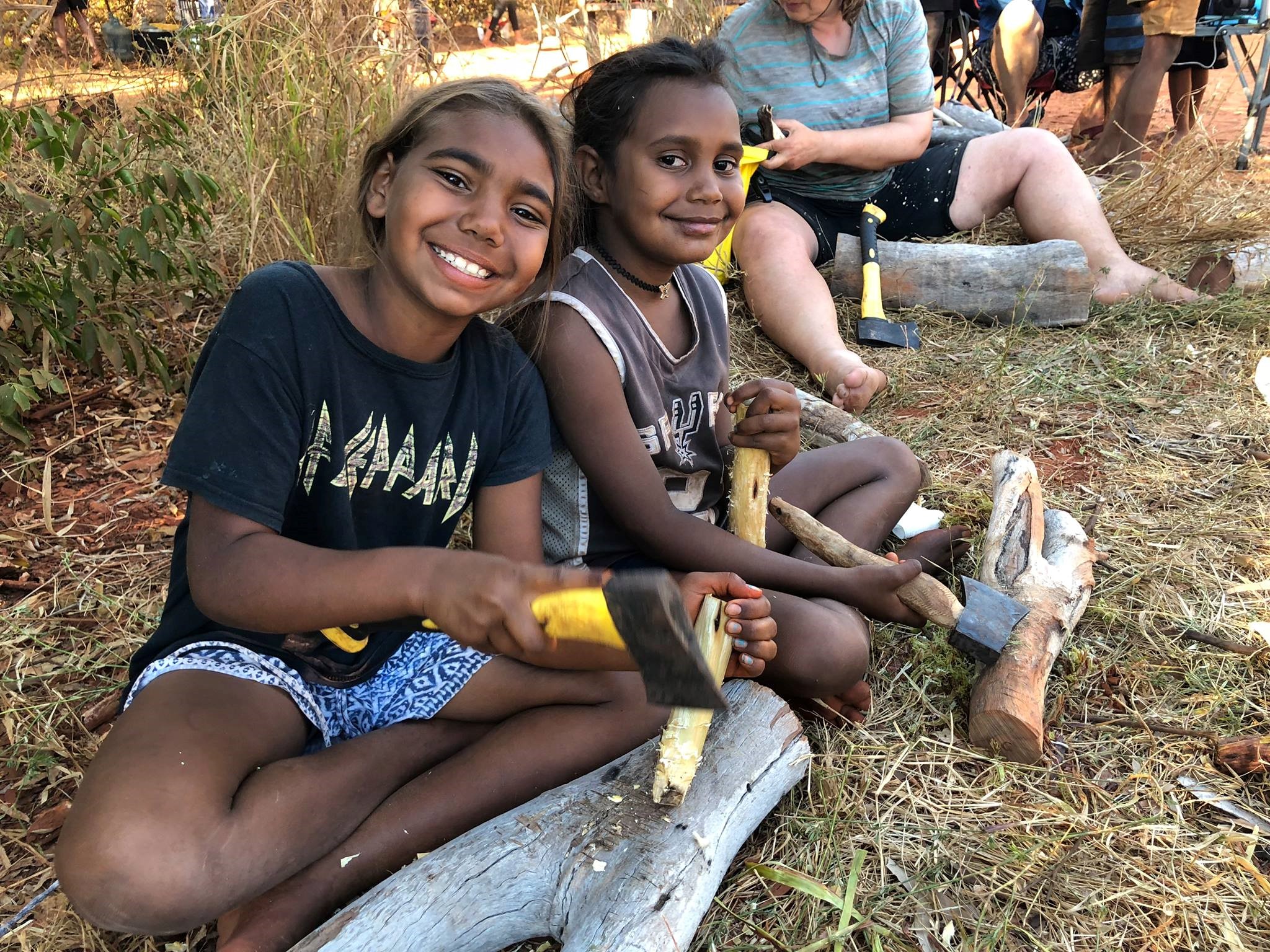
With Australia’s post-pandemic tourism experiences under great scrutiny, Flinders University’s Professor Stephen Muecke and Jennifer Eadie from Uni SA have written a powerful article in the Educational Philosophy and Theory journal that examines a new perspective and fresh possibilities for Aboriginal heritage trails.
The article – Ways of life: Knowledge transfer and Aboriginal heritage trails (https://doi.org/10.1080/00131857.2020.1752185) – identifies that Aboriginal heritage trails are a growing phenomenon in Australia, from employing simple signage on sites through to a nine-day immersive experience along the Lurujarri trail out of Broome, Western Australia, in which participants walk the beach with one of the Goolarabooloo family groups.
“These trails are far more than ‘tourism products’ or leisure activities,” says Professor Muecke. ”For Aboriginal families, the trails enact inter-generational knowledge transfer. They are practices that keep Aboriginal ways of life going, as they retain aspects of heritage, especially through their locations.
“With Aboriginal people in charge, they are sites of knowledge exchange, where remarkable discoveries can be found as knowledge recovery for Aboriginal people, or new knowledge in the sciences, social sciences, humanities and the arts.
“As those discoveries are made, and these various knowledge transfers are negotiated, the disciplines involved necessarily have to reform or be rebooted. The reconfiguration has everything to do with the difference between living on Country (in the Aboriginal sense of the term) as opposed to living in a State.
“Much has still to be learned about living in an Earthbound, territorial, Country-based way, as opposed to living in a universalising, colonising modernity.”
The article also notes that Academic disciplines also change when they are ‘on Country’. For instance, palaeontologists learn that the dinosaur footprints are also the traces of the emu ancestor, marala, and their discipline adjusts its epistemological parameters accordingly.
The authors say that Aboriginal walking trails have the potential to change every discipline willing to ‘re-boot’ on a territorial, rather than global, scale, thus broadening the impact and value of Aboriginal heritage trails to reach across more cultural groups.

